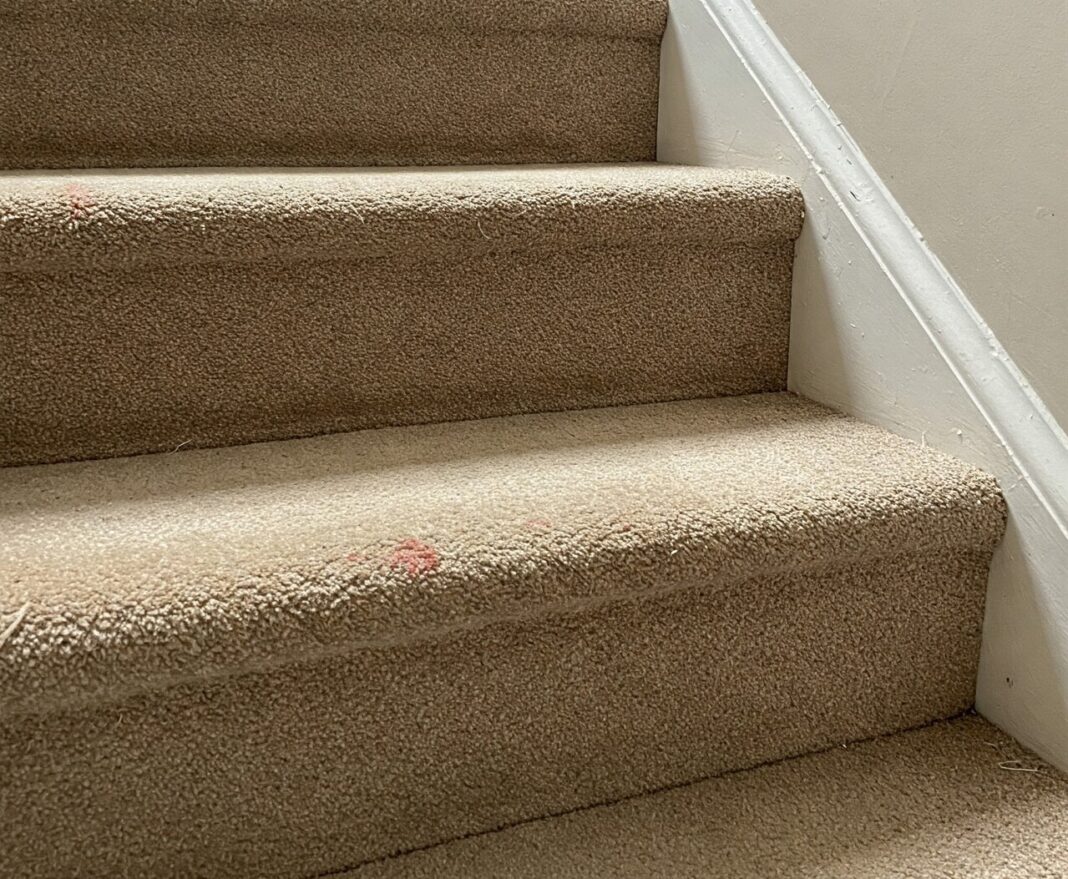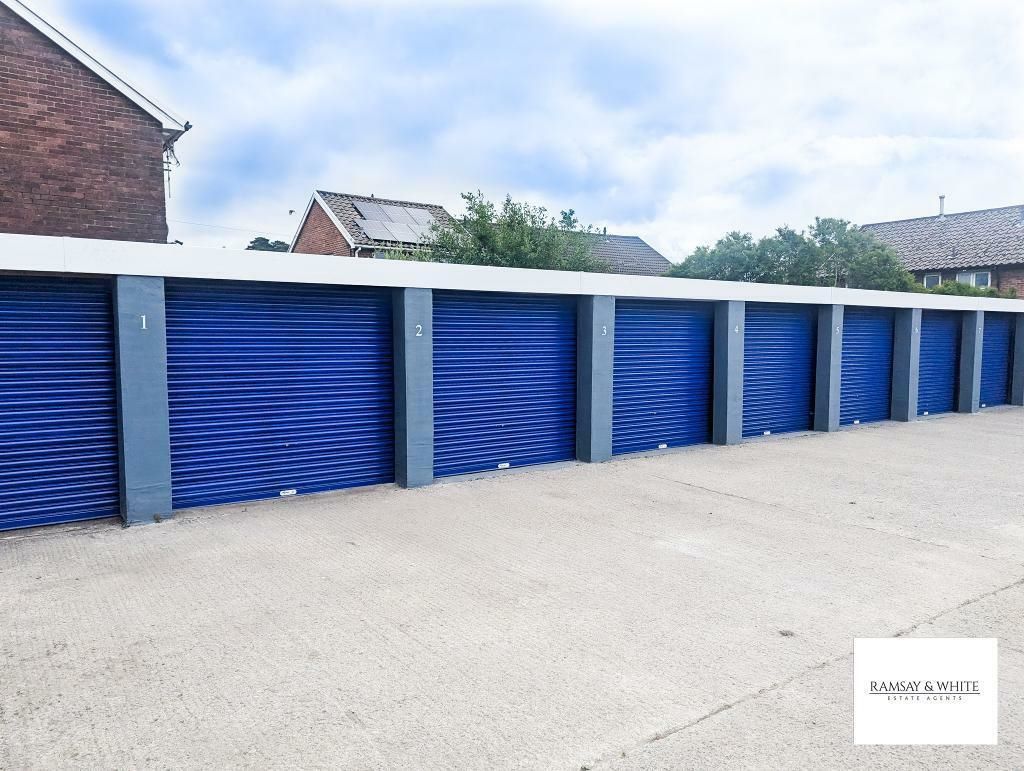The post-pandemic shift to remote working has significantly altered how rental properties are used – but existing regulations on wear and tear have failed to keep pace.
According to new analysis from Inventory Base, furnishings and fixtures in rented homes are wearing out 30% faster than before COVID-19, yet guidelines remain based on outdated assumptions.
With around 41% of the UK workforce now working from home – up from just 26.7% pre-pandemic – rented properties are experiencing higher daily usage.
As a result, items like carpets, sofas, and painted surfaces are deteriorating far more quickly. A standard carpet, for instance, previously had an expected lifespan of eight years; that figure has now fallen to just 5.6 years.
UNFAIR CHARGES
The discrepancy is creating confusion across the sector. Tenants risk unfair charges for what is effectively normal use, while landlords are absorbing more frequent replacement costs. For example, the annualised cost to landlords for repainting common areas has risen by £229, while furnishing costs have also increased substantially.
Inventory Base is now calling for a comprehensive reform of the UK’s Fair Wear and Tear guidelines. In a newly published whitepaper, the firm outlines a series of recommendations including legislative updates to the Housing Act 1998, redefining “normal use” in the context of remote work.
LIFESTYLE CHANGES
It also wants to see revised depreciation schedules from tenancy deposit schemes to reflect higher usage as well as broader judicial interpretation in tenancy disputes, considering lifestyle changes. It would also like improved communication between landlords and tenants to set clearer expectations from the outset.
While the aim is to create fairer treatment for tenants, Inventory Base stresses that landlords must also be supported through clearer guidance and realistic depreciation allowances.

Siân Hemming-Metcalfe, Operations Director at Inventory Base, says: “The pressure on rental properties has changed.
“Yet, the guidelines and expectations around wear and tear haven’t kept up. That disconnect is causing confusion, disputes, and unnecessary friction.”
With rental reform firmly on the political agenda – including proposals under the Renters’ Rights Bill – calls to modernise outdated definitions of fair use are expected to grow louder in the months ahead.










